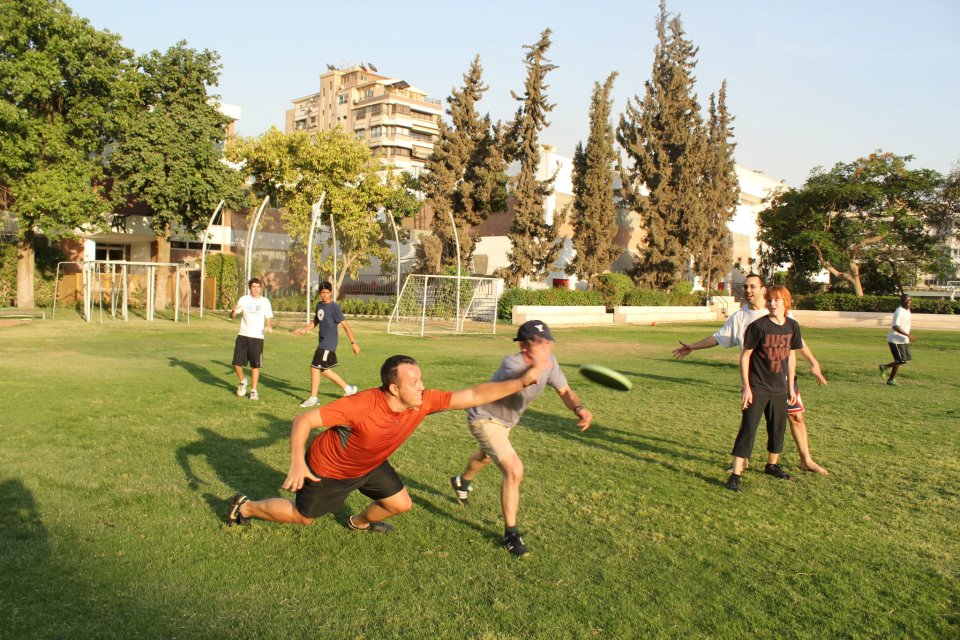CAIRO: Former Cape Verde President Pedro Pires will receive the 2011 Ibrahim Prize for Achievement in African Leadership this Saturday in Tunis.
The Mo Ibrahim Foundation said it chose Pires for his vision in transforming Cape Verde into a model of democracy, stability and increased prosperity. From March 2001 to September 2011, Pires served as the president of the 10-island country off the western coast of Africa.
The award was established in 2006 to recognize and celebrate excellence in African leadership. It is an annual $5 million award paid over 10 years and $200,000 annually for life thereafter.
“I must say I was surprised and very honored of course. The Ibrahim Prize means a lot to me in recognition of my time in office. I believe it honors the hard work of all Cape Verdeans who, together, have brought the nation to where it stands today,” Pires said in a statement distributed by the Mo Ibrahim Foundation.
The former president has been active in Cape Verdean politics since the struggle for independence from Portugal in 1975. “Back in 1975, our country was an impossible place to live for many people. As a nation, we’ve made major efforts and we’ve made successive progress,” he said.
“For me personally, it was an obligation, a duty to do everything I could to take my country forward,” he said of the country of less than 600,000 spread over 4,033 square kilometer. “As leader of the Cape Verdean State, I think that I’ve done my best to ensure that the country could have a taste of progress, with institutions of Rule of Law being established, getting better and consolidating.”
Pires first served as prime minister of Cape Verde in 1975-1991. The then-ruling African Party for the Independence of Cape Verde, in which Pires was a member, lost in 1990 after multiparty elections were held. During the 90s he climbed the hierarchy of the party to be elected president in 1993.
Near the end of Pires’ second term as president of the country, he rejected calls to amend the constitution to allow him to run for a third term. “In my country, the institutions of Rule of Law are credible, which is essential to ensure political stability, people’s confidence and predictability of decisions and the future. The law must be respected —this is what we have worked so hard to achieve.”
Governance in Africa, according to 77-year-old Pires, still lacks an institutional culture and above all, the drive to develop, reinforce and consolidate the institutional culture within society.
“We — African leaders — must make sure that societies, in general, internalize the rules of democracy and citizens can participate in this process to generate an institutional culture and increase respect for the rule of law,” he said.
“So in my view, the answer resides in the establishment of the Rule of Law in strong, effective and operative States, which are able to convey trust and hope to their citizens. This is the starting point for solving remaining problems in Africa.”
The lessons other countries should learn from Cape Verde’s success, according to Pires is the belief that it is possible to overcome the difficult challenges as in the end, well-targeted effort is always rewarded and self-confidence and self-esteem are invaluable.
“I think we ought to set a big ambition: the search for an African culture of excellence and results, through the training and retention of highly qualified human resources, in order to overcome current foreign dependencies and open new avenues for a brighter future,” Pires said.

